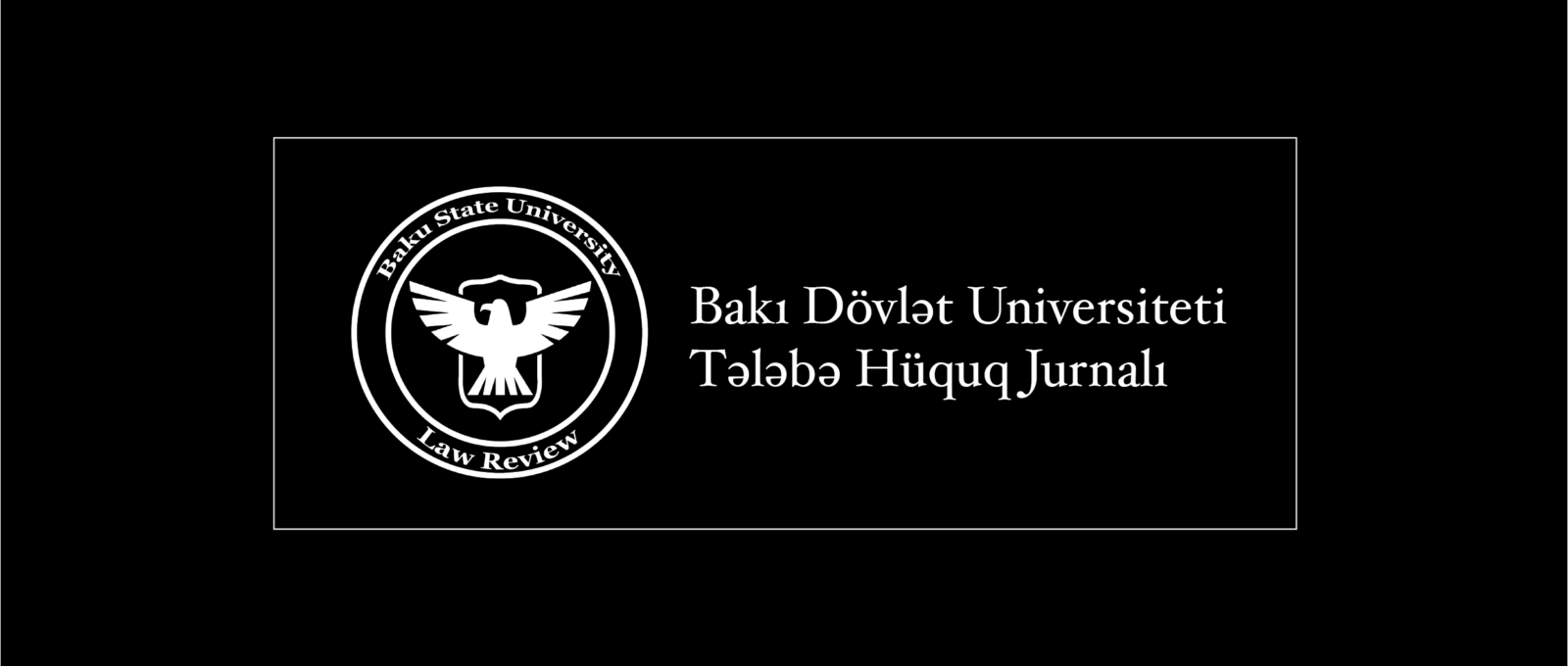Article language: English.
Abstract
“To know values is to know the meaning of the market”
Charles Dow
The tragic death of George Floyd on 25 May 2020 and the subsequent protests (as a part of the #BlackLivesMatter Movement) that shook the world thereafter have once again, brought the deep-rooted issues of xenophobia and casteism to the fore. However, it is quite ironic that from India’s Fair & Lovely Face Cream1 to America’s Aunt Jemimah’s Pancake Syrup2 – products with inherently racist and/or xenophobic credentials are not just commonplace, but have also shown solid growth across capital markets worldwide.
As the origin of any marketable product lies in the realm of Intellectual Property (IP), the present article seeks an answer to just one question. Is it possible to refuse the registration of, or to delist a Trademark on the account of it being “racist” or “xenophobic” and thus opposed to the principles of public policy? If so, are there any legal hurdles involved?
The authors shall try to answer this question by looking at past and present instances of Trademark Application rejections, Case Laws” and National and International regulations. This paper shall also seek to move a step forward from Bonadio’s publication related to ‘Racist Trademarks’, published in the Marquette Intellectual Property Law Review3 by looking at how the #BlackLivesMatter and #MeToo movements have proven how the antediluvian principles of “laissez faire” and “Public Policy” ignore certain deep-rooted truths about caste, race, economic privilege and the deeply fractious nature of social milieus in America and other Commonwealth states.
Bu post həm də digər dildə mövcuddur:
Azərbaycanca

